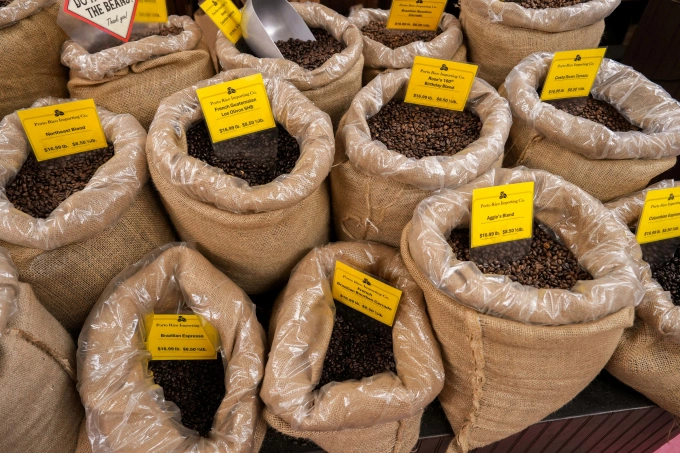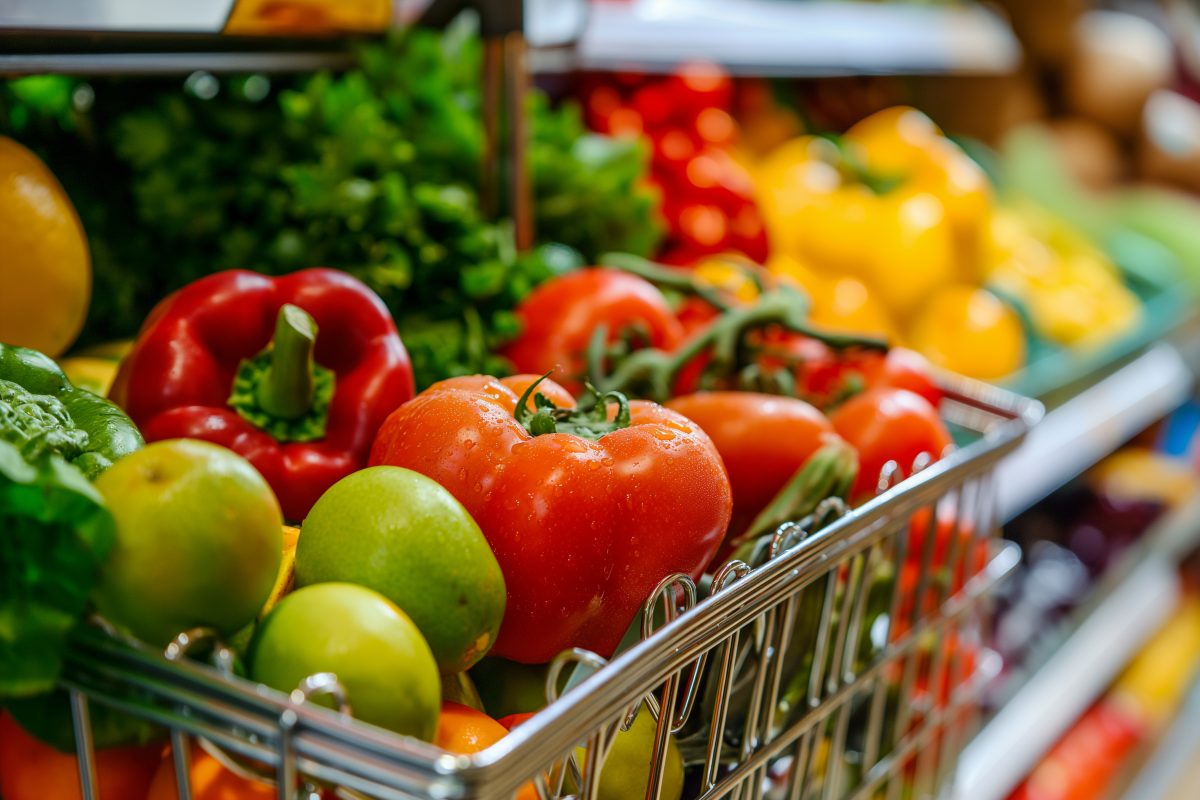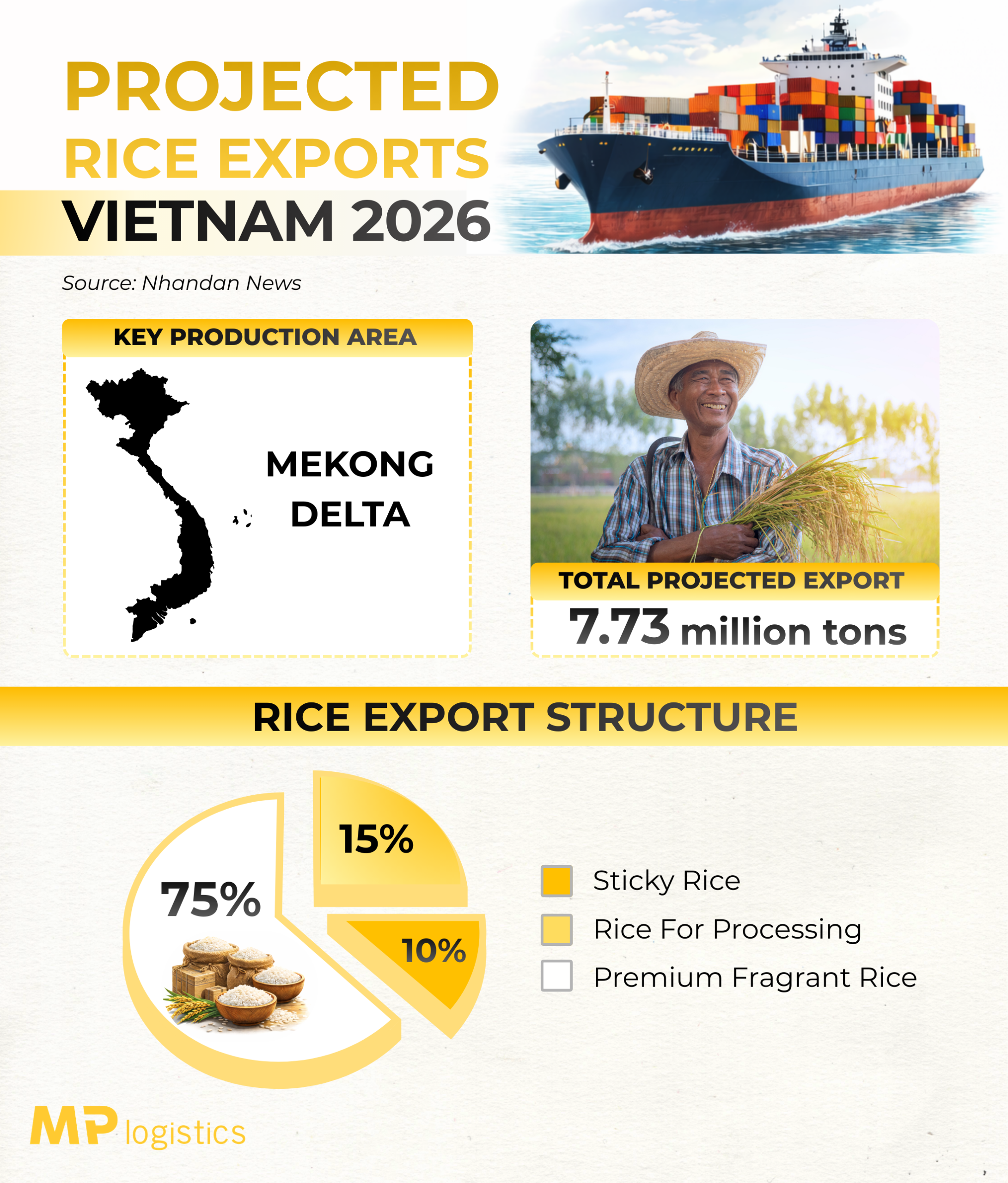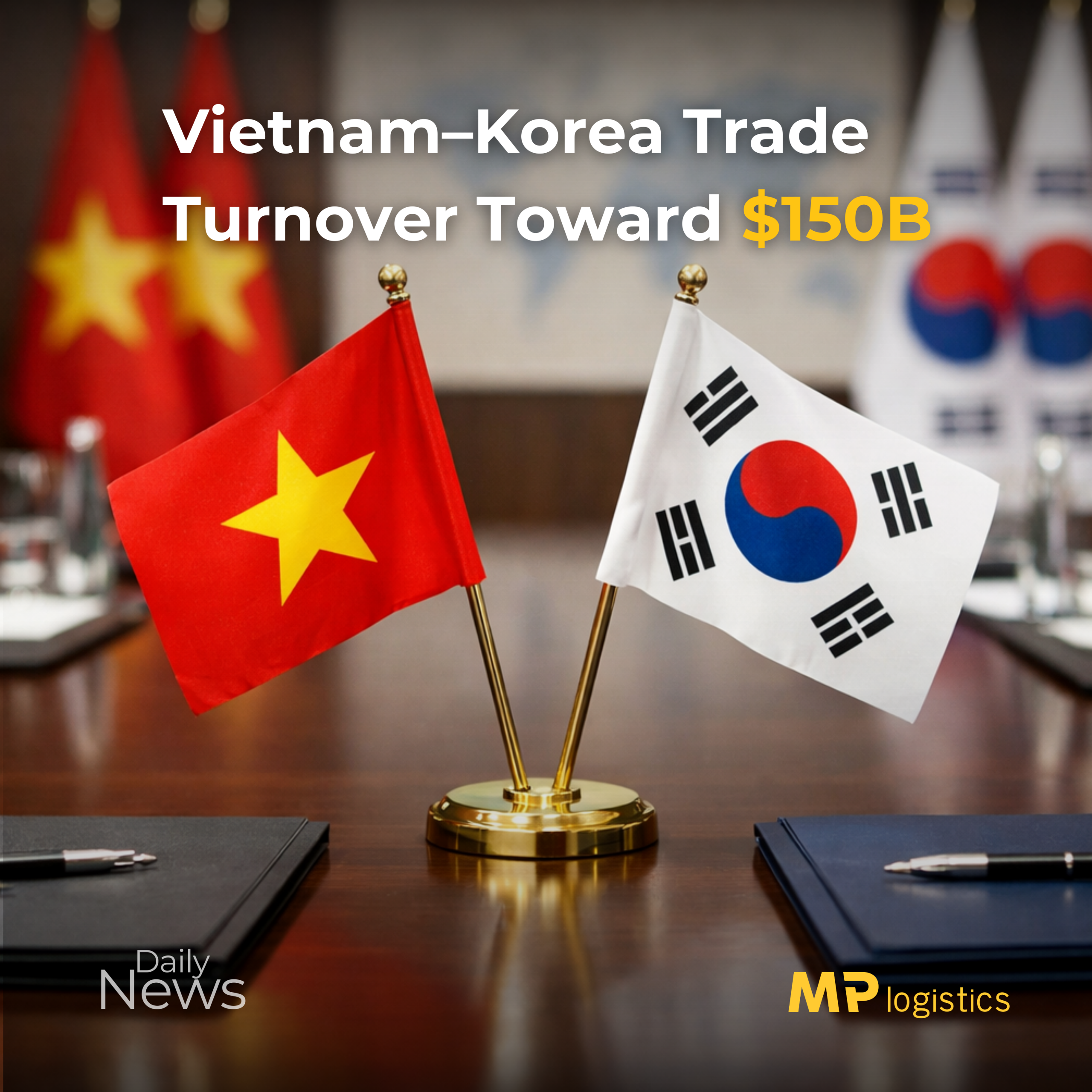On November 14, U.S. President Donald Trump signed a tariff exemption order covering coffee, tea, tropical fruits, vegetables, bananas, tomatoes, beef, and certain fertilizers. This move marks a major shift in U.S. trade policy. It also aims to help lower food prices, which have risen sharply in recent months.
Recent consumer price data shows that ground beef rose nearly 14% year-on-year, beef cuts increased 17%, bananas went up 7%, and tomatoes rose 1%. Overall household food prices grew 2.7%. Removing these tariffs offers a practical way to ease inflationary pressure on American consumers.
Vietnam’s coffee industry: Returning to “normal” rather than gaining
Source: CafeF
For Vietnam, the new policy brings two different outcomes. In the coffee sector, expectations of rapid market share expansion in the U.S.—partly driven by previous U.S.–Brazil trade tensions—have now cooled. With tariffs removed for all suppliers, the competitive landscape essentially returns to its original balance.
Industry experts note that this shift has triggered short-term reactions on global exchanges, where coffee prices have declined as speculators unwind positions. However, the long-term outlook remains positive. Demand continues to outpace supply globally, suggesting that the short-term price dip may not reflect the sector’s fundamental strength.
Vietnam’s fruit and vegetable exports gain strong momentum
Source: VnExpress
In contrast, the fruit and vegetable industry is seeing a clear upswing. The U.S. tariff exemption is expected to reinforce one of Vietnam’s fastest-growing export segments.
During the first nine months of 2025, Vietnam’s fruit and vegetable shipments to the U.S. reached USD 407 million, already surpassing the total value of USD 360 million recorded for the entire year 2024. The U.S. has become the fastest-growing market among Vietnam’s top five destinations, with a remarkable 60% growth rate.
Industry leaders believe that tariff-free access will further accelerate this momentum—especially for high-demand categories such as dragon fruit, durian, mango, pomelo, and processed fruit products. With continued investment in quality standards, cold-chain logistics, and market development, the U.S. is poised to become a billion-dollar market for Vietnam’s fruit and vegetable industry within the next few years.
Opportunities for diversification and long-term growth
The new U.S. policy opens up opportunities not only for traditional produce but also for value-added goods, plant-based beverages, and processed tropical fruit products. Vietnamese exporters are encouraged to move quickly, strengthen compliance with U.S. standards, and expand distribution channels to capture the rising demand.
Although the coffee sector may not see an immediate advantage, Vietnam’s diversified agricultural portfolio—especially in fruits and vegetables—positions it well to benefit from the shifting U.S. trade environment.
Source: Vnexpress
18/11/2025
 info@mplogistics.vn
info@mplogistics.vn (+84) 28 3811 9033
(+84) 28 3811 9033






 VN
VN